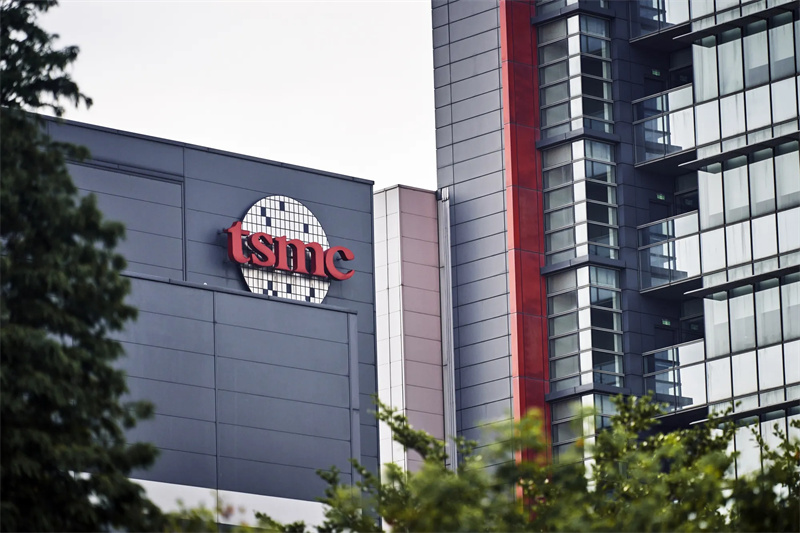A recent report by TechInsights suggests that Taiwan Semiconductor Manufacturing Co. (TSMC) may have produced Huawei's latest AI processor, the HiSilicon Ascend 910B, potentially raising concerns over U.S. export control violations. According to Reuters, TSMC only informed the U.S. government about the matter after TechInsights’ analysis was published. Both TSMC and Huawei deny recent collaboration, citing compliance with U.S. sanctions imposed in September 2020, which restricted chip sales to Huawei.
TSMC had previously produced Huawei’s Ascend 910 AI chip using its N7+ technology, before the U.S. Department of Commerce required an export license for any shipments to Huawei post-September 2020. In a statement, TSMC reiterated that it had ceased supplying Huawei after the sanctions took effect and that it is not aware of any current investigations.
However, TechInsights’ claim that Huawei's Ascend 910B chips were made by TSMC raises questions about how these chips entered Huawei's supply chain. Huawei had been relying on China-based Semiconductor Manufacturing International Corp. (SMIC) for chip production but may have used intermediaries to acquire TSMC-made chips, according to speculation. Reports indicate that TSMC halted shipments to a specific client in mid-October after discovering its chips had reached Huawei.

The U.S. Commerce Department, through its Bureau of Industry and Security (BIS), is now investigating potential violations of export controls. Meanwhile, U.S. lawmakers have criticized this development, with some calling it a failure of U.S. export policy. Representative John Moolenaar urged for immediate clarification from both TSMC and the BIS regarding the scope of the issue.

While Huawei claims it has not produced any chips via TSMC since 2020, and TSMC insists on its compliance with regulations, the incident highlights the complexities of enforcing sanctions, particularly as AI accelerators—such as those produced by TSMC—are increasingly valuable in the tech industry.
This situation has raised further questions about the enforcement of U.S. export controls and the challenges of maintaining technological boundaries amid global supply chains.
+86 191 9627 2716
+86 181 7379 0595
8:30 a.m. to 5:30 p.m., Monday to Friday
